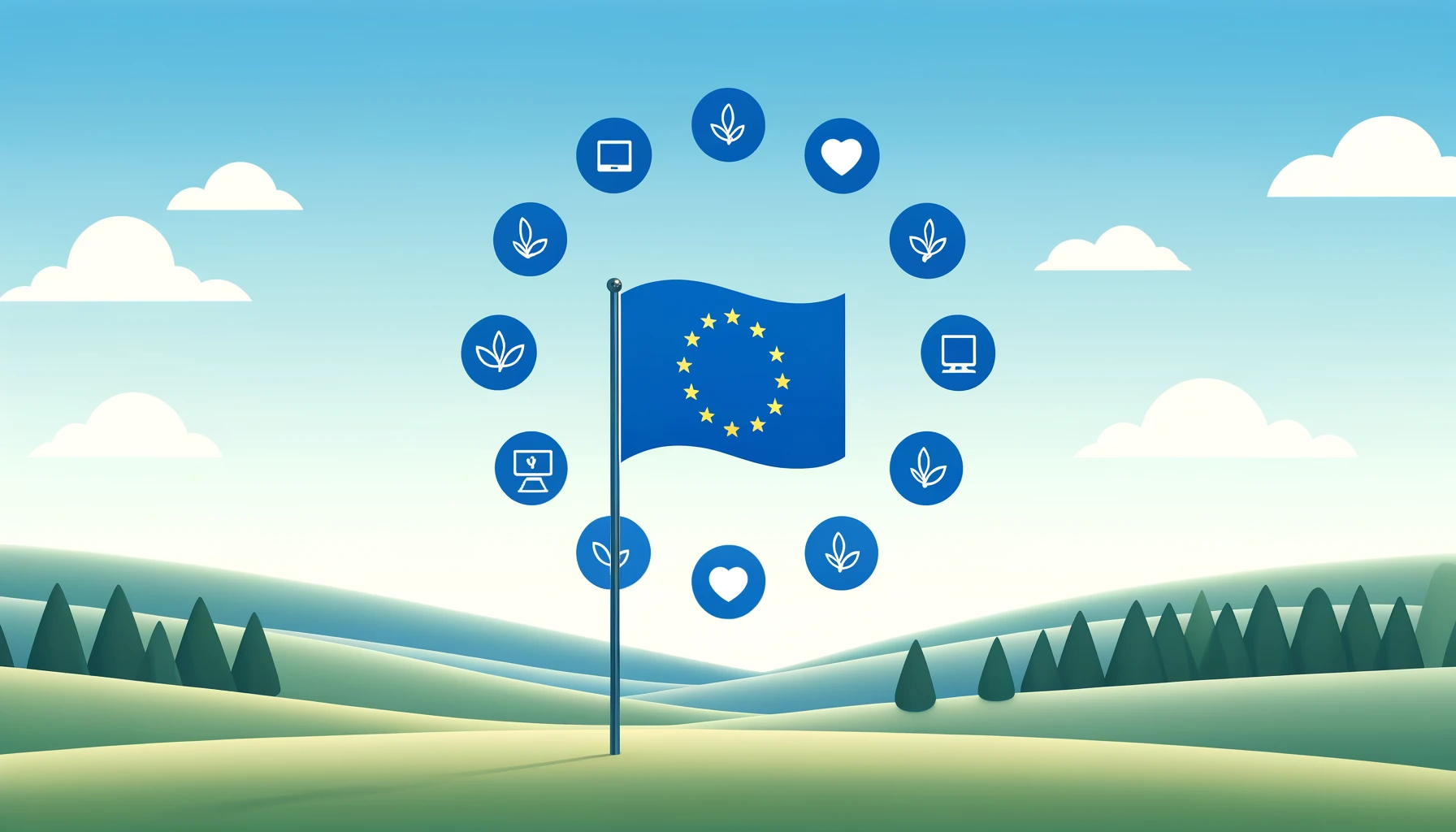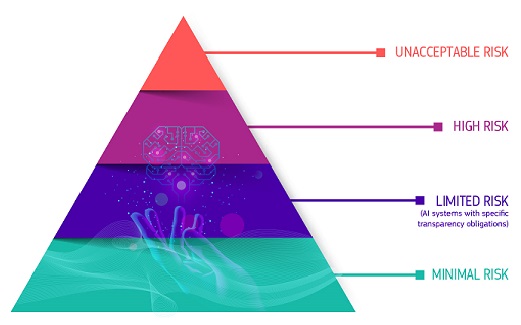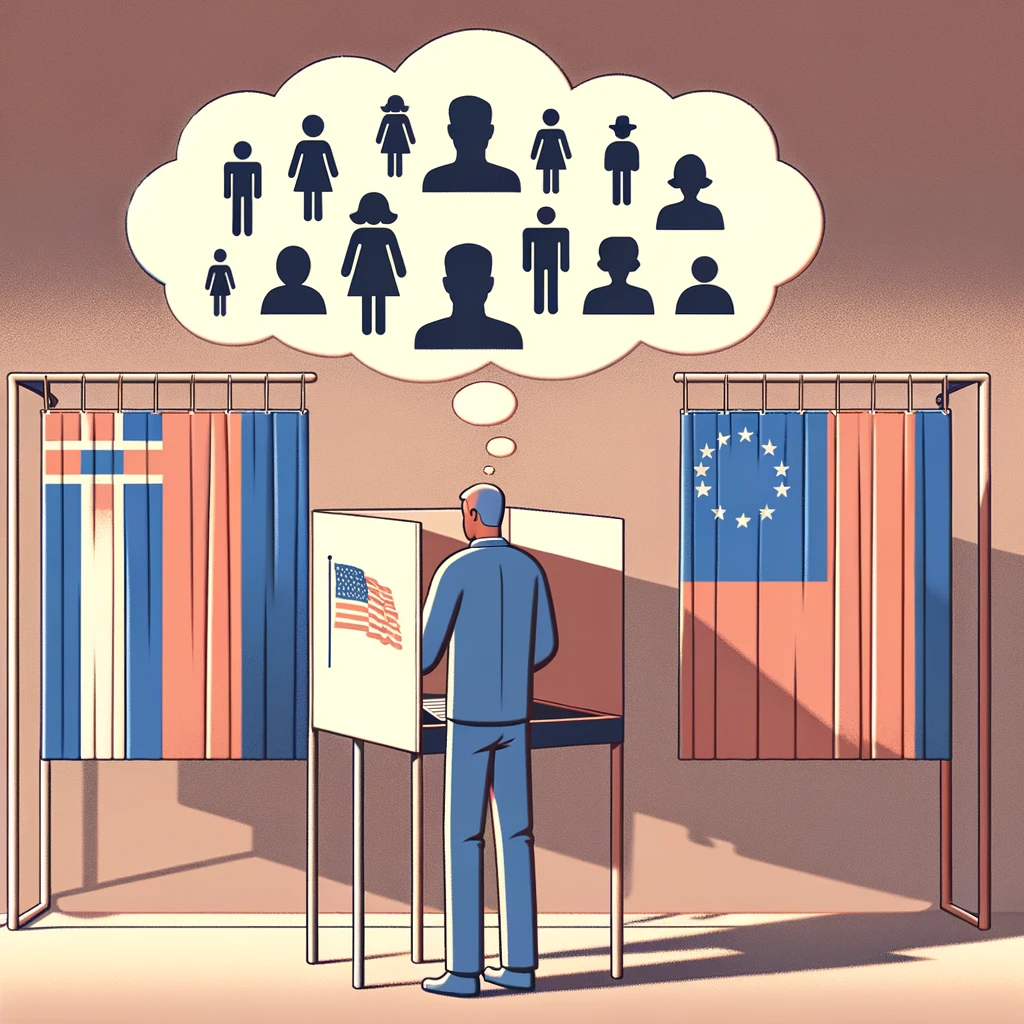At EAVI, we aim to support and promote the interests of citizens all over the world, regardless of their nationality. We observe that some political and commercial entities are not compatible with citizens’ interests, yet disguise themselves as if they are. As if they think that it is easier to get a vote from or sell a product to an uninformed citizen. It is imperative that citizens all over the world consider which actors may desire to influence their opinions, understandings, and memories of life, including during the coronavirus.
We also notice for example, the tendency that the virus is easily blamed on the actions of another country. Of all disinformation trends concerning the coronavirus, blaming the virus on the US is the most widely shared on social media. Russia has promoted that the US started the virus, and Iran has blamed both the US and Israel. China has blamed the US as well, with some even calling the virus the ‘American virus’. On the flipside, some Americans – including President Trump – insist on calling the virus the ‘Chinese virus,’ and several conspiracy theories place the virus’ origins in a Wuhan lab. Some countries seeking to blame others may seem like meer gossip, but it is symbolic of broader global trends and it aims at influencing domestic audiences.

These accusations are symbolic of current international relations and tensions, such as the competition between the US and China for global dominance. Meanwhile, Russia’s desire to remake the world order in lieu of the rivalry between the ‘east’ and the ‘west’ has not only sought to blame the US for the virus, it has also promoted the image of a fragmented EU, the subject of a previous EAVI post.
While such efforts may seem irrelevant to the lives of everyday citizens, the opposite could not be more true. Much of the influence and propaganda is directly aimed at citizens, either at home or abroad. The Chinese government, for example, sought international praise for its coronavirus response with hopes of strengthening its reputation at home. It has also urged American and European leaders to downplay their own aid and express gratitude for the aid China had sent.

While China has sought to change the narrative to elevate its reputation, the US has as well. President Trump, extremely concerned about the effect the economic impact will have on his re-election, has also sought to change the narrative. Focusing on ‘battleground’ states with governors of the opposing party, Trump has energized his base to demand that governors ‘liberate’ the states so again to blame somebody else, and allow citizens to return to work. Just like the Chinese communist party, Trump seems more influenced by how his reputation is affected rather than what is best for his citizens. However, both have disguised their personal interests as acts of goodwill.
The coronavirus has created uncertainty for everyone, especially political leaders. As those in power seek to stay in power, changing the narrative in their favor has become desirable. It is pivotal that citizens are wary of what interests may lie behind what they read, and realize that oversimplified explanations that seek to praise or blame another country, government, or person are likely overblown. Practicing media literacy also means looking at facts, and filtering out exaggeration and disinformation.
At EAVI, we aim to support and promote the interests of citizens all over the world, regardless of their nationality. We observe that some political and commercial entities are not compatible with citizens’ interests, yet disguise themselves as if they are. As if they think that it is easier to get a vote from or sell a product to an uninformed citizen. It is imperative that citizens all over the world consider which actors may desire to influence their opinions, understandings, and memories of life, including during the coronavirus.
We also notice for example, the tendency that the virus is easily blamed on the actions of another country. Of all disinformation trends concerning the coronavirus, blaming the virus on the US is the most widely shared on social media. Russia has promoted that the US started the virus, and Iran has blamed both the US and Israel. China has blamed the US as well, with some even calling the virus the ‘American virus’. On the flipside, some Americans – including President Trump – insist on calling the virus the ‘Chinese virus,’ and several conspiracy theories place the virus’ origins in a Wuhan lab. Some countries seeking to blame others may seem like meer gossip, but it is symbolic of broader global trends and it aims at influencing domestic audiences.

These accusations are symbolic of current international relations and tensions, such as the competition between the US and China for global dominance. Meanwhile, Russia’s desire to remake the world order in lieu of the rivalry between the ‘east’ and the ‘west’ has not only sought to blame the US for the virus, it has also promoted the image of a fragmented EU, the subject of a previous EAVI post.
While such efforts may seem irrelevant to the lives of everyday citizens, the opposite could not be more true. Much of the influence and propaganda is directly aimed at citizens, either at home or abroad. The Chinese government, for example, sought international praise for its coronavirus response with hopes of strengthening its reputation at home. It has also urged American and European leaders to downplay their own aid and express gratitude for the aid China had sent.

While China has sought to change the narrative to elevate its reputation, the US has as well. President Trump, extremely concerned about the effect the economic impact will have on his re-election, has also sought to change the narrative. Focusing on ‘battleground’ states with governors of the opposing party, Trump has energized his base to demand that governors ‘liberate’ the states so again to blame somebody else, and allow citizens to return to work. Just like the Chinese communist party, Trump seems more influenced by how his reputation is affected rather than what is best for his citizens. However, both have disguised their personal interests as acts of goodwill.
The coronavirus has created uncertainty for everyone, especially political leaders. As those in power seek to stay in power, changing the narrative in their favor has become desirable. It is pivotal that citizens are wary of what interests may lie behind what they read, and realize that oversimplified explanations that seek to praise or blame another country, government, or person are likely overblown. Practicing media literacy also means looking at facts, and filtering out exaggeration and disinformation.
At EAVI, we aim to support and promote the interests of citizens all over the world, regardless of their nationality. We observe that some political and commercial entities are not compatible with citizens’ interests, yet disguise themselves as if they are. As if they think that it is easier to get a vote from or sell a product to an uninformed citizen. It is imperative that citizens all over the world consider which actors may desire to influence their opinions, understandings, and memories of life, including during the coronavirus.
We also notice for example, the tendency that the virus is easily blamed on the actions of another country. Of all disinformation trends concerning the coronavirus, blaming the virus on the US is the most widely shared on social media. Russia has promoted that the US started the virus, and Iran has blamed both the US and Israel. China has blamed the US as well, with some even calling the virus the ‘American virus’. On the flipside, some Americans – including President Trump – insist on calling the virus the ‘Chinese virus,’ and several conspiracy theories place the virus’ origins in a Wuhan lab. Some countries seeking to blame others may seem like meer gossip, but it is symbolic of broader global trends and it aims at influencing domestic audiences.

These accusations are symbolic of current international relations and tensions, such as the competition between the US and China for global dominance. Meanwhile, Russia’s desire to remake the world order in lieu of the rivalry between the ‘east’ and the ‘west’ has not only sought to blame the US for the virus, it has also promoted the image of a fragmented EU, the subject of a previous EAVI post.
While such efforts may seem irrelevant to the lives of everyday citizens, the opposite could not be more true. Much of the influence and propaganda is directly aimed at citizens, either at home or abroad. The Chinese government, for example, sought international praise for its coronavirus response with hopes of strengthening its reputation at home. It has also urged American and European leaders to downplay their own aid and express gratitude for the aid China had sent.

While China has sought to change the narrative to elevate its reputation, the US has as well. President Trump, extremely concerned about the effect the economic impact will have on his re-election, has also sought to change the narrative. Focusing on ‘battleground’ states with governors of the opposing party, Trump has energized his base to demand that governors ‘liberate’ the states so again to blame somebody else, and allow citizens to return to work. Just like the Chinese communist party, Trump seems more influenced by how his reputation is affected rather than what is best for his citizens. However, both have disguised their personal interests as acts of goodwill.
The coronavirus has created uncertainty for everyone, especially political leaders. As those in power seek to stay in power, changing the narrative in their favor has become desirable. It is pivotal that citizens are wary of what interests may lie behind what they read, and realize that oversimplified explanations that seek to praise or blame another country, government, or person are likely overblown. Practicing media literacy also means looking at facts, and filtering out exaggeration and disinformation.






















































































































































